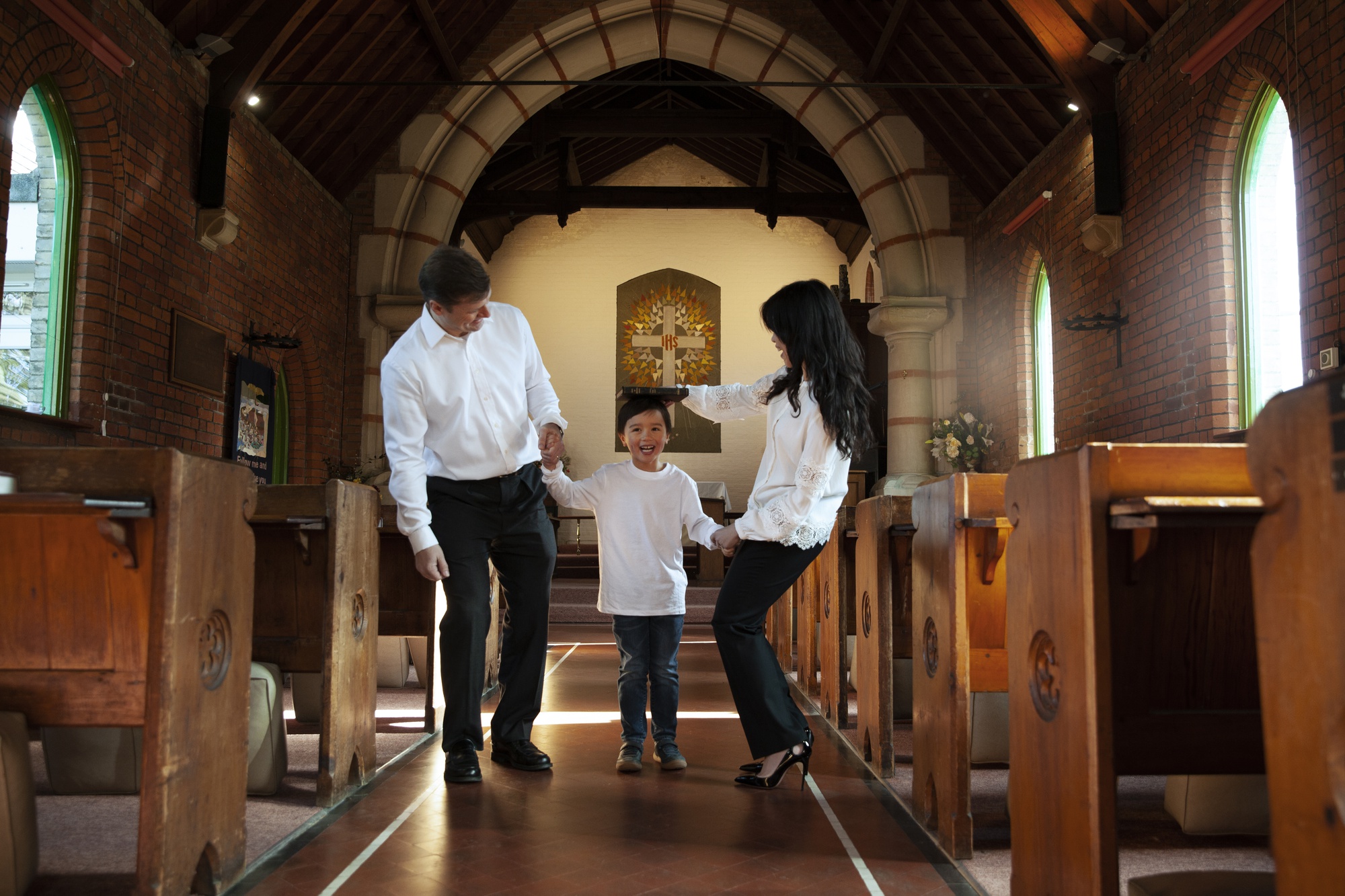
The Fall of Church and the Growth of Atheism
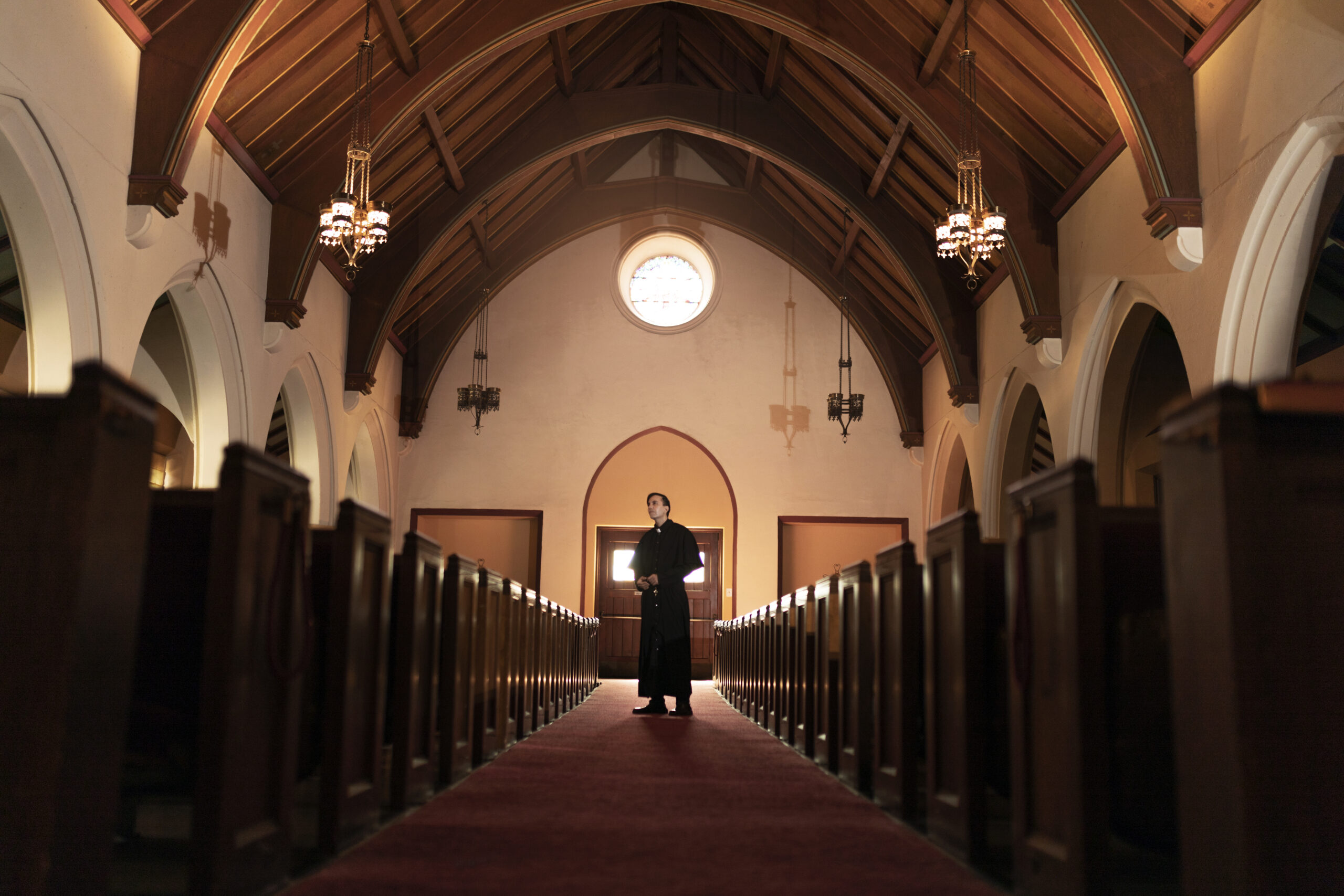
“Atheism is a non-prophet organization.”
George Carlin
In a world where beliefs shape societies, the decline of organized religion, particularly Christianity, and the rise of atheism have become fascinating topics of discussion. This transformation is not merely a trend but a profound shift in human history that has evolved over the last centuries.
First, the title should be The Fall of Christianity – not the church, but Christianity is just a direct effect of the church, and normally, as a Christian, having a problem of trust in the church shouldn’t affect your faith or relationship with God… UNLESS all doctrines come only from that institution and, by domino effect, the moment that source collapsed, your faith collapsed with it.
First, the title should be The Fall of Christianity – not the church, but Christianity is just a direct effect of the church, and normally, as a Christian, having a problem of trust in the church shouldn’t affect your faith or relationship with God… UNLESS all doctrines come only from that institution and, by domino effect, the moment that source collapsed, your faith collapsed with it.
The collapse
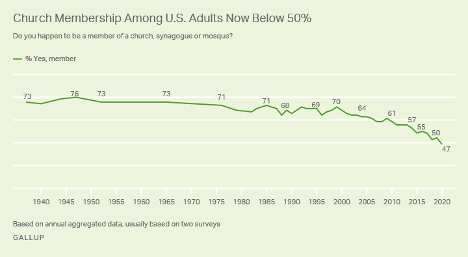
Phase 1 of the collapse: The feeling
It all started with The Renaissance, and the following Age of Enlightenment (17th-18th centuries) led to The French Revolution of 1789, which marked a pivotal moment in human history and catalyzed a critical examination of religious authority. A revolution powered by a wave of widespread resentment that had been building against the king and the Catholic Church’s injustice and corruption, concluding in a radical rejection of superstition and tyranny. The Revolution requested to dismantle the longstanding institutions of power that controlled vast amounts of land and wealth and oppressed the populace, thinkers and scientists for centuries.
We have Thinkers like Voltaire and Rousseau who began to challenge traditional Christian doctrines. They went against the church narrative, suggesting that humans were inherently good and that societal structures and governance corrupted them.
Then, the success of that revolution spread a delightful scent of a brave new world all across Western civilization, once weakened and shackled by the chains of religion and tradition. A rising generation could hope to enjoy a clean breath of freedom denied to their ancestors. The public was convinced that the only way to personal freedom and prosperity was to abolish the church’s oppression and challenge its credibility and authority.
It has been a sweet, longstanding victory that attracts and still attracts many intellectual and scientific enthusiasts and even believers who hold grudges against the corruption and authority of religion worldwide.
We have Thinkers like Voltaire and Rousseau who began to challenge traditional Christian doctrines. They went against the church narrative, suggesting that humans were inherently good and that societal structures and governance corrupted them.
Then, the success of that revolution spread a delightful scent of a brave new world all across Western civilization, once weakened and shackled by the chains of religion and tradition. A rising generation could hope to enjoy a clean breath of freedom denied to their ancestors. The public was convinced that the only way to personal freedom and prosperity was to abolish the church’s oppression and challenge its credibility and authority.
It has been a sweet, longstanding victory that attracts and still attracts many intellectual and scientific enthusiasts and even believers who hold grudges against the corruption and authority of religion worldwide.
“Man will never be free until the last king is strangled with the entrails of the last priest.”
Denis Diderot
Phase 2 of the collapse: The idea
For the first decades, the initial marketing point of atheism was the appealing idea of a world without a church and not a world without God. And that’s a Big misconception about thinkers of the time like Voltaire, Rousseau, and Denis Diderot… who identified as Diest and presented an alternative philosophical concept of God based on reason and nature.
Only the societal and economic empowerment that followed the revolution gave the next generation of philosophers the fuel and the means to push that idea further and go against the concept of God by questioning his existence.
Starting from the socioeconomic factors by Marx, the psychological analysis by Freud, and Friedrich Nietzsche’s declaration: “God is dead” to the current era of atheism that received a boost from the scientific and technological revolution and breastfed those abstract philosophical ideas so they can be shaped to conceivable thoughts and convictions through all kind of theories and cosmological possibilities with extensive “scientific” interpretations; from Darwin to Dawkins.
…In the meanwhile.
The church’s behavior continued to contribute to the decline in Christianity’s influence, particularly in the West, due to various institutional failures, scandals, and a perceived resistance to social and scientific change. High-profile cases of sexual abuse, worldwide financial mismanagement, and rigid dogmatism have eroded the remaining trust.
The church’s contradictory adaptation to shifting cultural values, internal divisions, and politicization has also diminished its appeal. It has also failed to engage effectively with modern media, youth, and global challenges like international crises and social justice.
At the same time, its stance on modern existential questions like tolerance and, lately, LGBTQ integration, which goes against the very fundamentals of its scripture and divine legislation, has alienated many.
Only the societal and economic empowerment that followed the revolution gave the next generation of philosophers the fuel and the means to push that idea further and go against the concept of God by questioning his existence.
Starting from the socioeconomic factors by Marx, the psychological analysis by Freud, and Friedrich Nietzsche’s declaration: “God is dead” to the current era of atheism that received a boost from the scientific and technological revolution and breastfed those abstract philosophical ideas so they can be shaped to conceivable thoughts and convictions through all kind of theories and cosmological possibilities with extensive “scientific” interpretations; from Darwin to Dawkins.
…In the meanwhile.
The church’s behavior continued to contribute to the decline in Christianity’s influence, particularly in the West, due to various institutional failures, scandals, and a perceived resistance to social and scientific change. High-profile cases of sexual abuse, worldwide financial mismanagement, and rigid dogmatism have eroded the remaining trust.
The church’s contradictory adaptation to shifting cultural values, internal divisions, and politicization has also diminished its appeal. It has also failed to engage effectively with modern media, youth, and global challenges like international crises and social justice.
At the same time, its stance on modern existential questions like tolerance and, lately, LGBTQ integration, which goes against the very fundamentals of its scripture and divine legislation, has alienated many.
“When scandal arises, it is not the light of the Church that dims, but the shadows of humanity that grow..”
Unknown
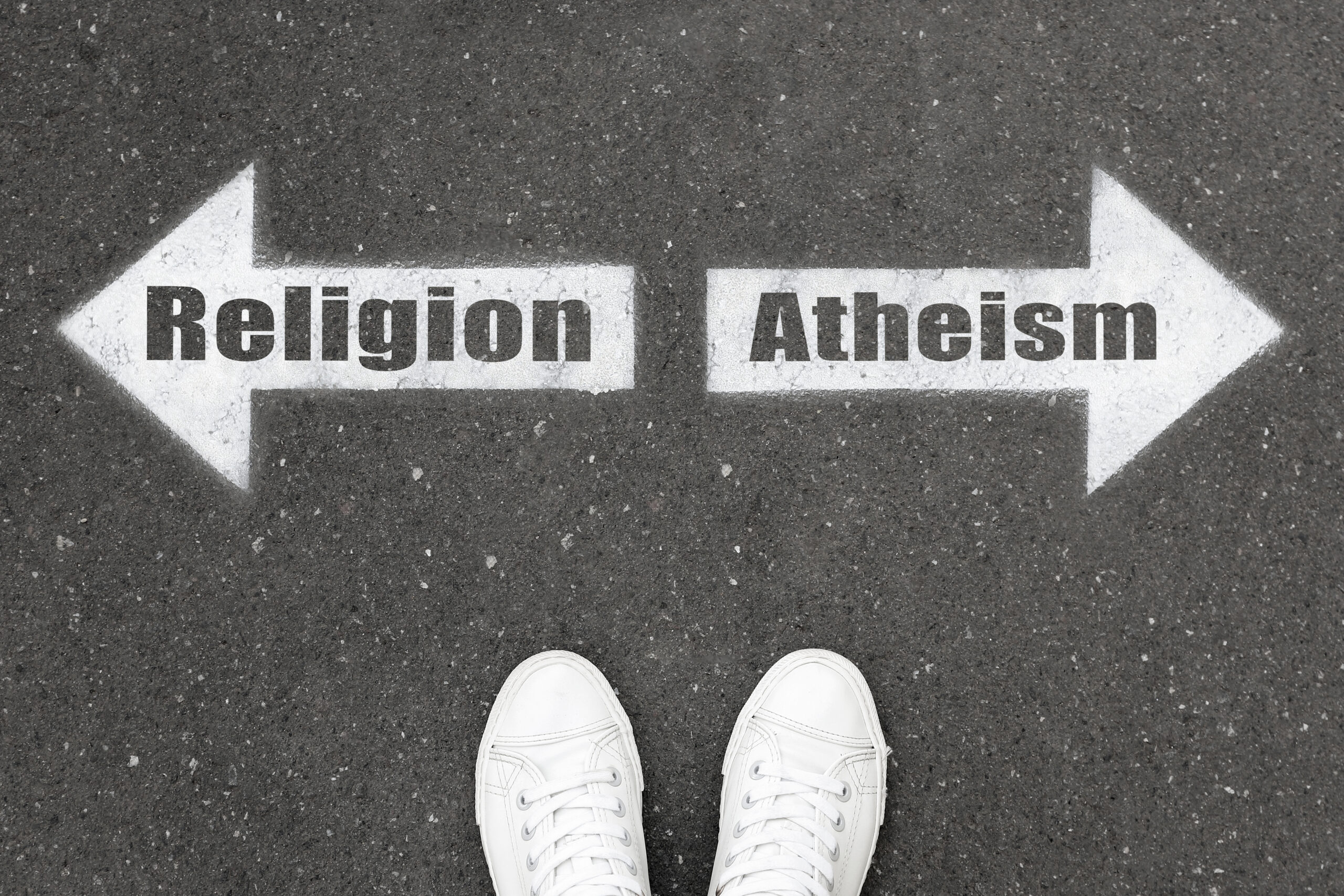
Phase 3 of the collapse: The action
As Atheism and alternative spiritual practices grow, accompanied by a rising provocative and more demanding social media, the church’s perceived irrelevance in addressing contemporary concerns has weakened its ability to uphold, despite thriving.
For instance, 31% of millennials have no religious affiliation, up from 22% a decade ago. Similarly, 33% of Generation Z, which has reached adulthood, have no religious preference. In the U.S., Protestant identification dropped from 51% in 2009 to 43% by 2019, while self-identified atheists rose from 2% to 4% during the same period.
Nowadays, we’re witnessing a new trend: the rise of the “nones” — people who identify not as atheists but as religiously unaffiliated.
According to the Pew Research Center, more than a quarter of Americans now belong to this group, adding a new push to the continuous decline in church members, making a country like the US no longer a majority Christian country for the first time in its history with only 47% of its population identify as Christian as in 2023 and projected to be 35% in 2070, echoing similar trends worldwide, as secularism continues to rise and atheism is increasingly seen as an alternative worldview.
For more insights and statistics, I recommend this detailed research.
For instance, 31% of millennials have no religious affiliation, up from 22% a decade ago. Similarly, 33% of Generation Z, which has reached adulthood, have no religious preference. In the U.S., Protestant identification dropped from 51% in 2009 to 43% by 2019, while self-identified atheists rose from 2% to 4% during the same period.
Nowadays, we’re witnessing a new trend: the rise of the “nones” — people who identify not as atheists but as religiously unaffiliated.
According to the Pew Research Center, more than a quarter of Americans now belong to this group, adding a new push to the continuous decline in church members, making a country like the US no longer a majority Christian country for the first time in its history with only 47% of its population identify as Christian as in 2023 and projected to be 35% in 2070, echoing similar trends worldwide, as secularism continues to rise and atheism is increasingly seen as an alternative worldview.
For more insights and statistics, I recommend this detailed research.
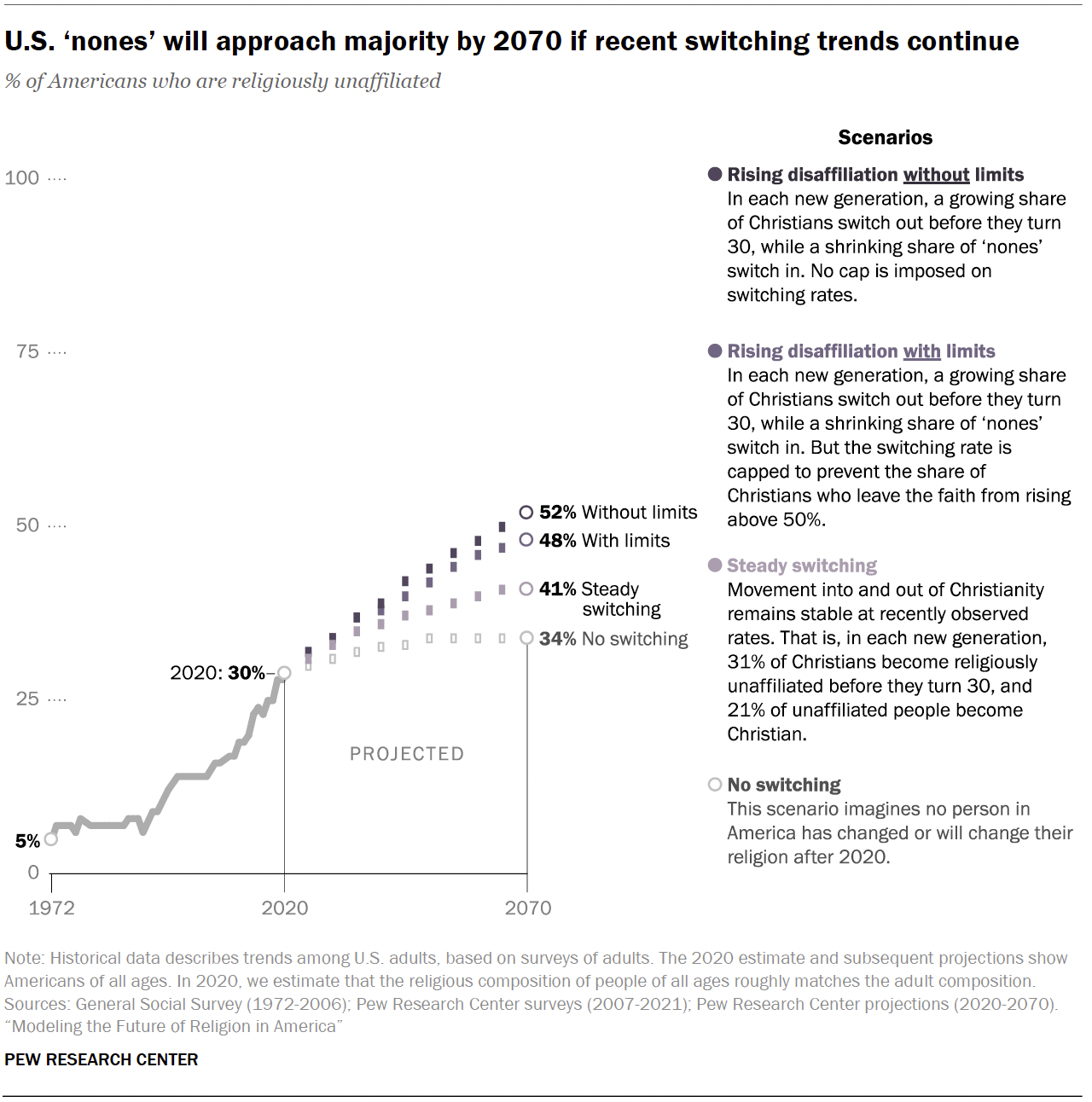
The Impact on Atheism
Churches, once central community spaces, are closing, and some may feel a loss of belonging. Others turn to new forms of spirituality or secular support systems. Religious pluralism and secularization are becoming more prominent, creating generational tensions and shifting the landscape of education, solidarity, and social homogeneity.
As fewer people participate in religious practices, societies become more secular, with less emphasis on religious holidays, community and moral teachings. This can lead to a shift in cultural values, complicating debates around ethical issues like sex, marriage and abortion and reducing the influence of religion in politics and law.
These changes reflect a broader move towards individualism and a loss of the sense of identity, which may contribute to rising issues such as divorce, addiction, loneliness, suicide, and declining marriage and birth rates, therefore raise questions about how societies will navigate subjective ethical dilemmas without a unifying objective moral vision.
As fewer people participate in religious practices, societies become more secular, with less emphasis on religious holidays, community and moral teachings. This can lead to a shift in cultural values, complicating debates around ethical issues like sex, marriage and abortion and reducing the influence of religion in politics and law.
These changes reflect a broader move towards individualism and a loss of the sense of identity, which may contribute to rising issues such as divorce, addiction, loneliness, suicide, and declining marriage and birth rates, therefore raise questions about how societies will navigate subjective ethical dilemmas without a unifying objective moral vision.
“The shrinking presence of the church signals not only a shift in belief but also the loss of moral dialogue in society.”
N.T. Wright
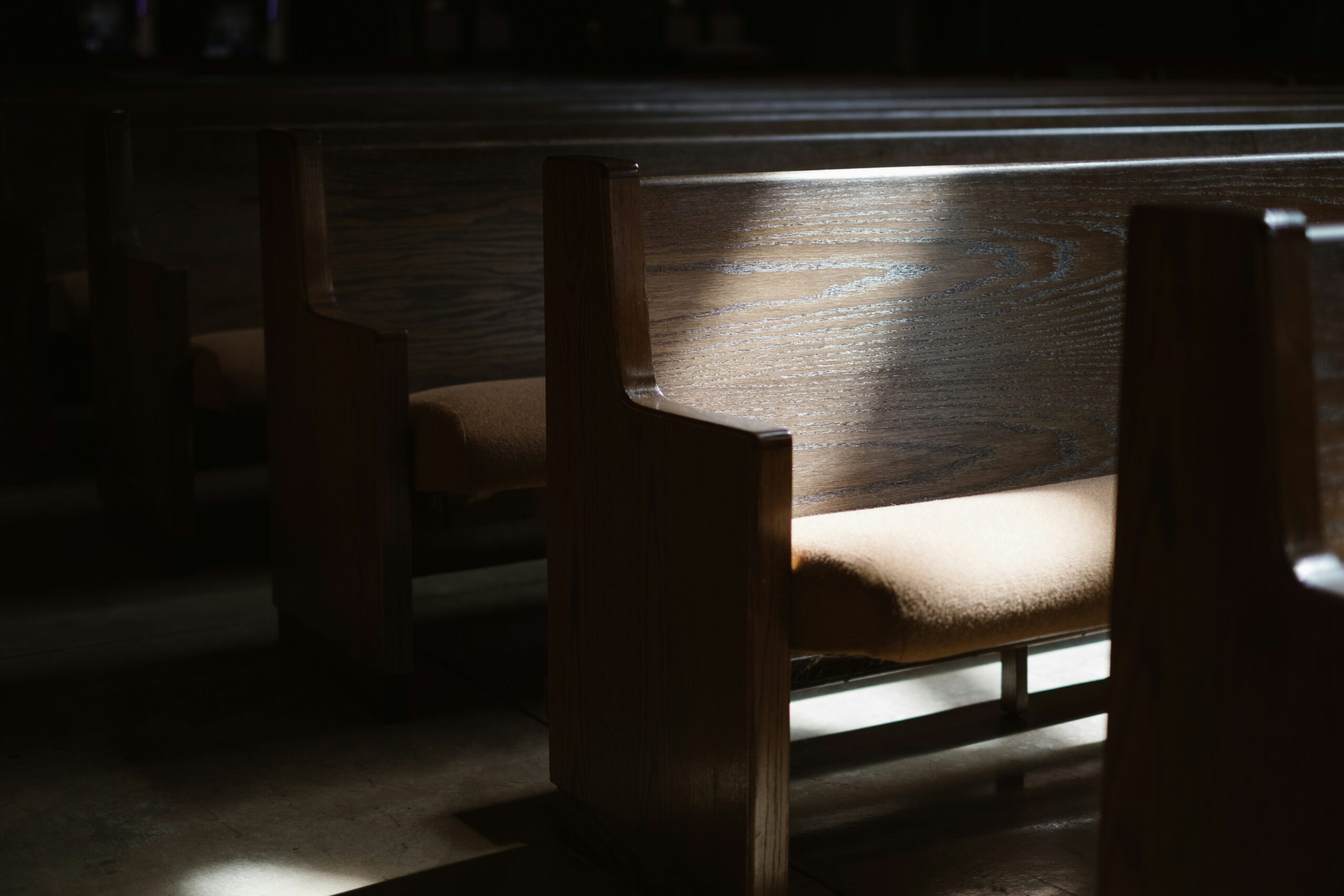
Conclusion
And here comes my personal view on that fall:
From day one, the church’s power derived from its political and social authority, and Christianity was the means instead of the goal. This is why a continuous decline and discrediting occurred when the church lost its iron grip.
Religion is an anchor, a lighthouse that we turn to when overwhelmed by social or individual challenges. It keeps us from delusions and deviations in confusing times and pushes us toward community and charity in blissful times. The moment religion joins the system and becomes part of the confusion, we turn our backs on it, seeking answers elsewhere or, even worse, giving up on it.
Religion is an individual relationship with the creator based on spirituality, trust, and justice—things a political or authoritative institution can and will never provide. Putting people at the center of any religion places your faith in human subjectivity, ignorance and inevitable failure, which has been the repetitive case with our Christian brothers since the 4th century.
From day one, the church’s power derived from its political and social authority, and Christianity was the means instead of the goal. This is why a continuous decline and discrediting occurred when the church lost its iron grip.
Religion is an anchor, a lighthouse that we turn to when overwhelmed by social or individual challenges. It keeps us from delusions and deviations in confusing times and pushes us toward community and charity in blissful times. The moment religion joins the system and becomes part of the confusion, we turn our backs on it, seeking answers elsewhere or, even worse, giving up on it.
Religion is an individual relationship with the creator based on spirituality, trust, and justice—things a political or authoritative institution can and will never provide. Putting people at the center of any religion places your faith in human subjectivity, ignorance and inevitable failure, which has been the repetitive case with our Christian brothers since the 4th century.
Note:
As a Muslim, I am not pleased with this decline.
Despite our differences in creed, we share significant common ground, particularly regarding morality and ethics. God describe Christians to be the closest in heart to the Muslims.
We must unite against more significant threats like rising individualism and subjective moral ethics that fragment our society. Our children are subjected to a troubling education system influenced by LGBTQ militants with harmful agendas, while businessmen and politicians exploit societal divisions for their benefit. It is essential to have strong Christian allies by our side.
Despite our differences in creed, we share significant common ground, particularly regarding morality and ethics. God describe Christians to be the closest in heart to the Muslims.
We must unite against more significant threats like rising individualism and subjective moral ethics that fragment our society. Our children are subjected to a troubling education system influenced by LGBTQ militants with harmful agendas, while businessmen and politicians exploit societal divisions for their benefit. It is essential to have strong Christian allies by our side.
“You will surely find the most bitter towards the believers to be the Jews and polytheists and the most gracious to be those who call themselves Christian. That is because there are priests and monks among them and because they are not arrogant.”
Quran 5:82
